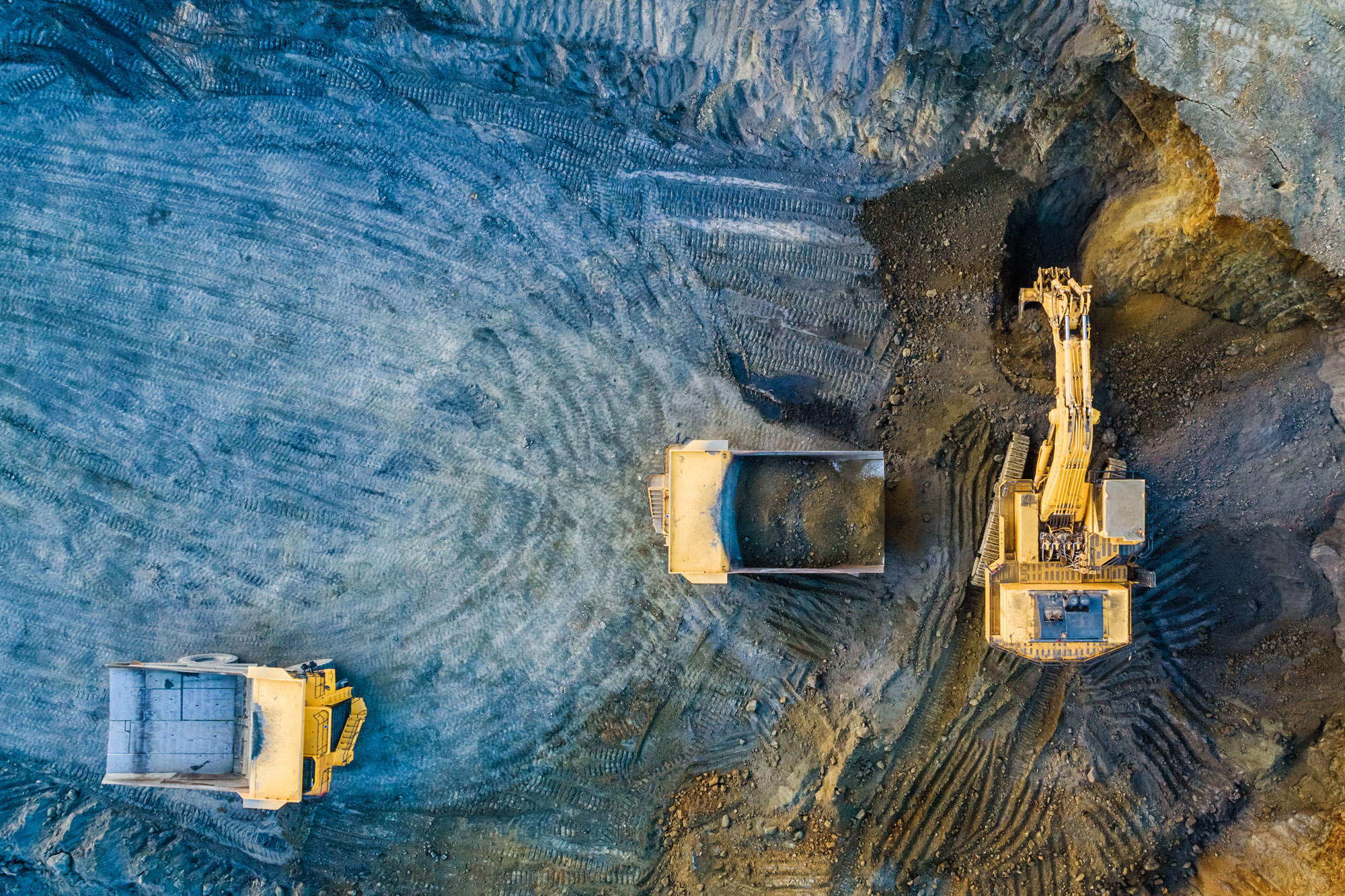Feature
China leads in deploying battery-powered trucks
China's mining sector is investing in battery-powered tech in the form of small-scale electric trucks. Eve Thomas reports.

China has 60.5% of the world’s total battery-powered mining trucks.
Battery technology promises to be the next frontier in mining vehicles, and several projects are already underway as operators including BHP, Fortescue Metals Group and Teck look to move towards electrification, according to a new report.
GlobalData’s Development of electric mining vehicles in surface and underground mining report notes that some small-scale battery-powered trucks are already deployed and have found particular popularity in China.
The report identified that, of the 129 battery-powered trucks tracked worldwide, China had 78, representing 60.5% of the global total. It was followed by Thailand with 25 and Brazil with 13.
Of the 78 tracked in China, 40 are deployed at Fushan mine, which is located in She County and owned by Shandong Honghe Baili Mining. The site uses Yutong YTK90E autonomous electric battery-powered trucks, with a load capacity of 60 tonnes – standard for the still-small battery-powered trucks currently available on the market.
Six further mines using battery-powered vehicles are identified in China – 12 at the Huolinhe coal mine, nine at Yulong, eight at the Yangquan Jidong project, five at the Tianyang cement project and two each at the Jilin Hunchun Xiaoxinancha mine and the Qinghai Deerni copper mine.
The two main suppliers of battery-powered trucks are Yutong and Sany, both of which are headquartered in China. The report notes that the companies account for over 85% of the tracked trucks, “with the YTK90E and SKT90E the most popular models for the two OEMs, respectively”.
What’s on the horizon for battery-powered trucks?
The report also notes that hydrogen fuel cell battery technology is likely to enter the market soon. A Liebherr T264 with a capacity of 218 tonnes is already being trialed Fortescue’s Christmas Creek mine in Pilbara, Australia, while another prototype (of a converted Komatsu 291t, 930E truck) is being trialed at Anglo American’s Mogalakwena platinum group metal mine in South Africa.
GlobalData predicts that the battery-powered sector will grow. “Battery technology to power large surface mining trucks is still evolving and currently only at the prototype stage, with hydrogen fuel cell battery technology also being tested,” the report states.
It adds that battery-powered trucks and hydrogen fuel cell electric trucks will offer several advantages. These include a significant reduction of on-site diesel emissions, which could be up to 80% lower, and less noise pollution (electric motors are almost silent).
BHP, Rio Tinto, Newmont, Teck and Freeport-McMoRan are currently some of the miners collaborating with Caterpillar to develop the next generation zero-emission trucks.
Battery-powered trucks and hydrogen fuel cell electric trucks would offer operators lower maintenance costs on the powertrain.
Outside of China, there is innovation, as several OEMs and operators look to enter the industry, with higher-capacity offerings. According to the report: “BHP, Rio Tinto, Newmont, Teck and Freeport-McMoRan are currently some of the miners collaborating with Caterpillar to develop the next generation zero-emission trucks.”
Teck is looking to deploy 30 of Caterpillar’s zero-emissions large battery-powered haul trucks between 2027 and 2030, whilst Newmont has made an initial investment of $100m to develop an all-electric autonomous fleet.